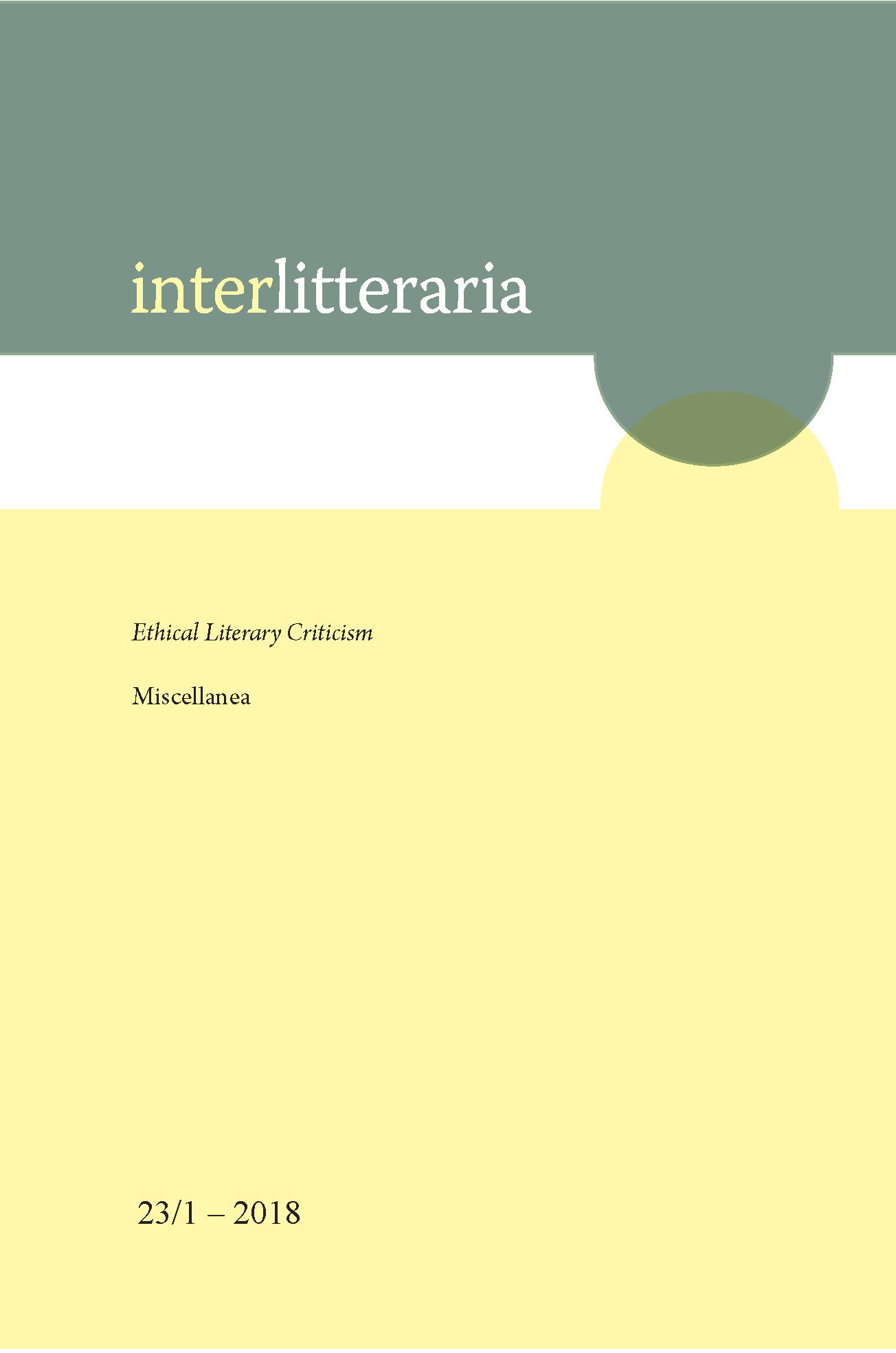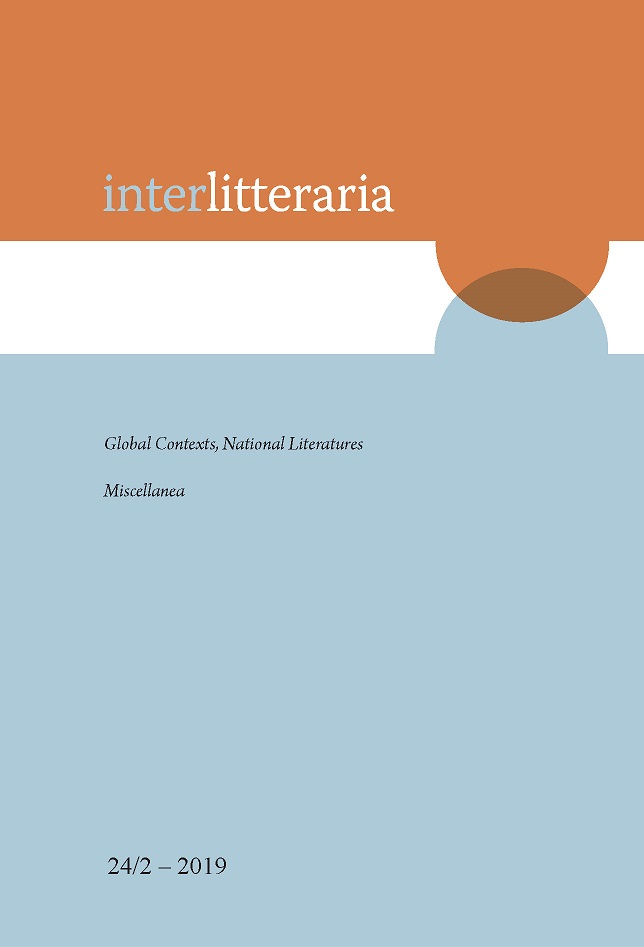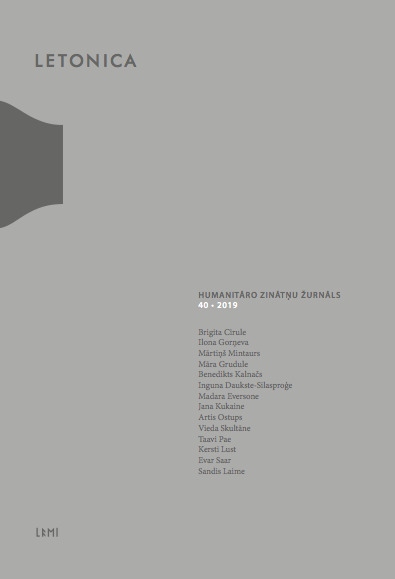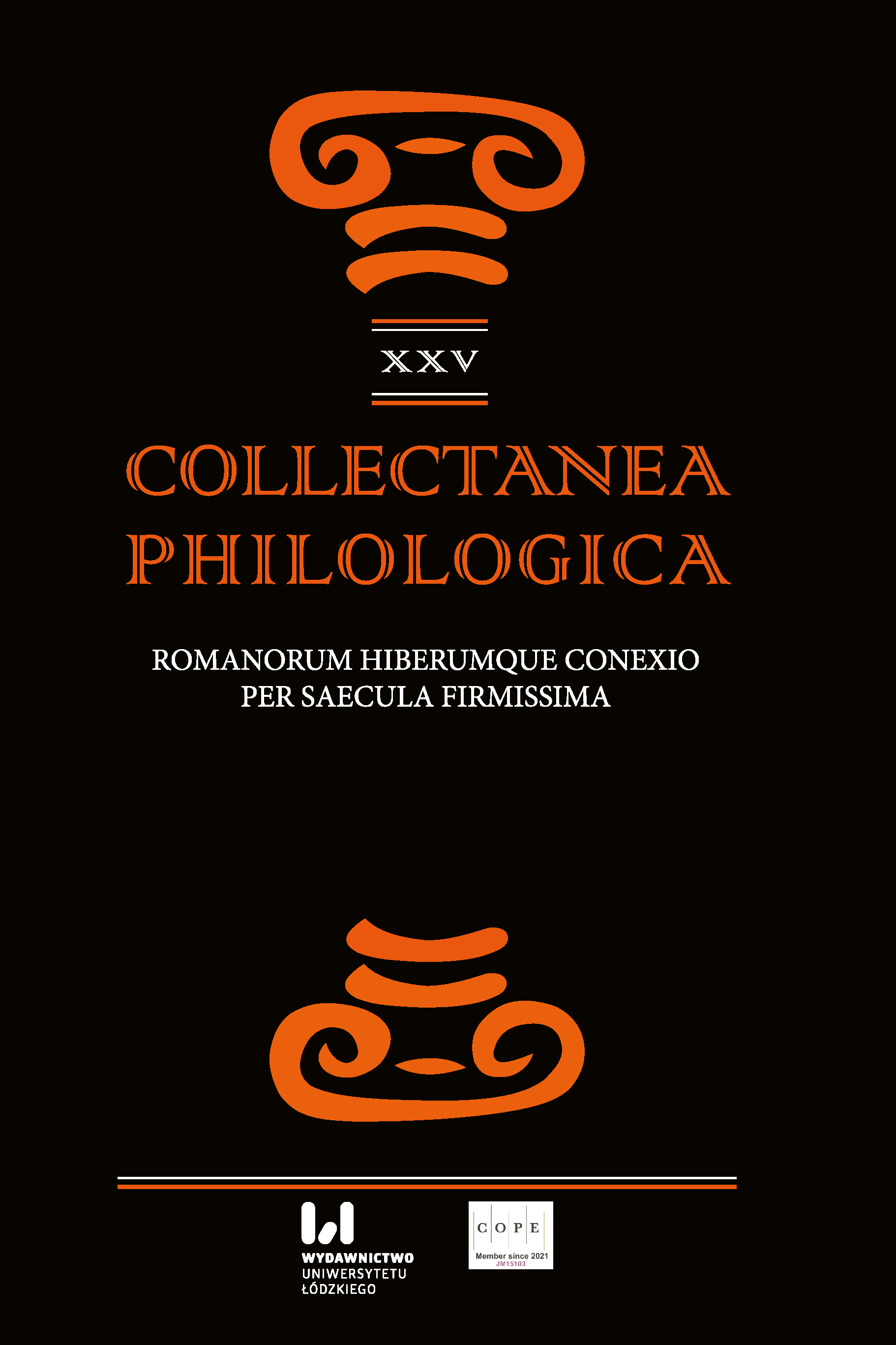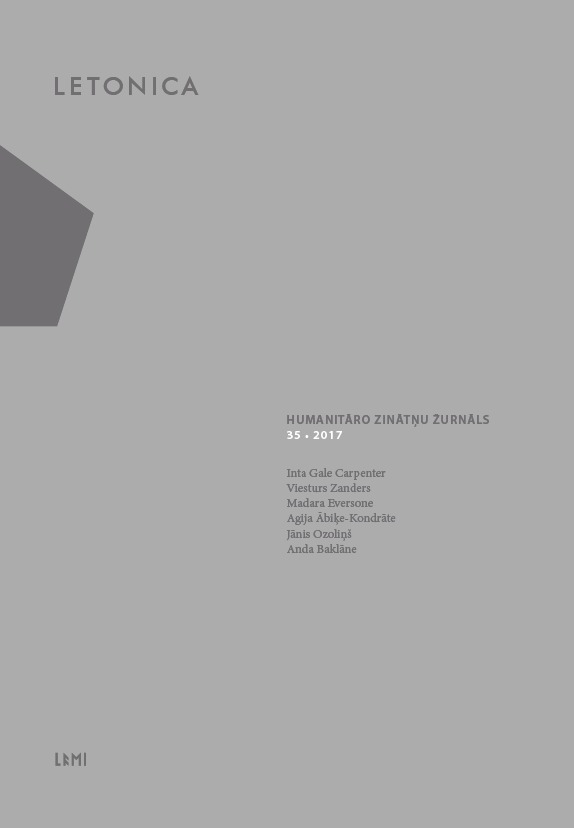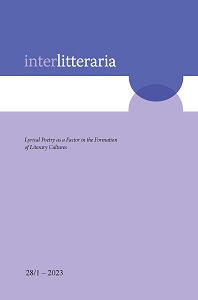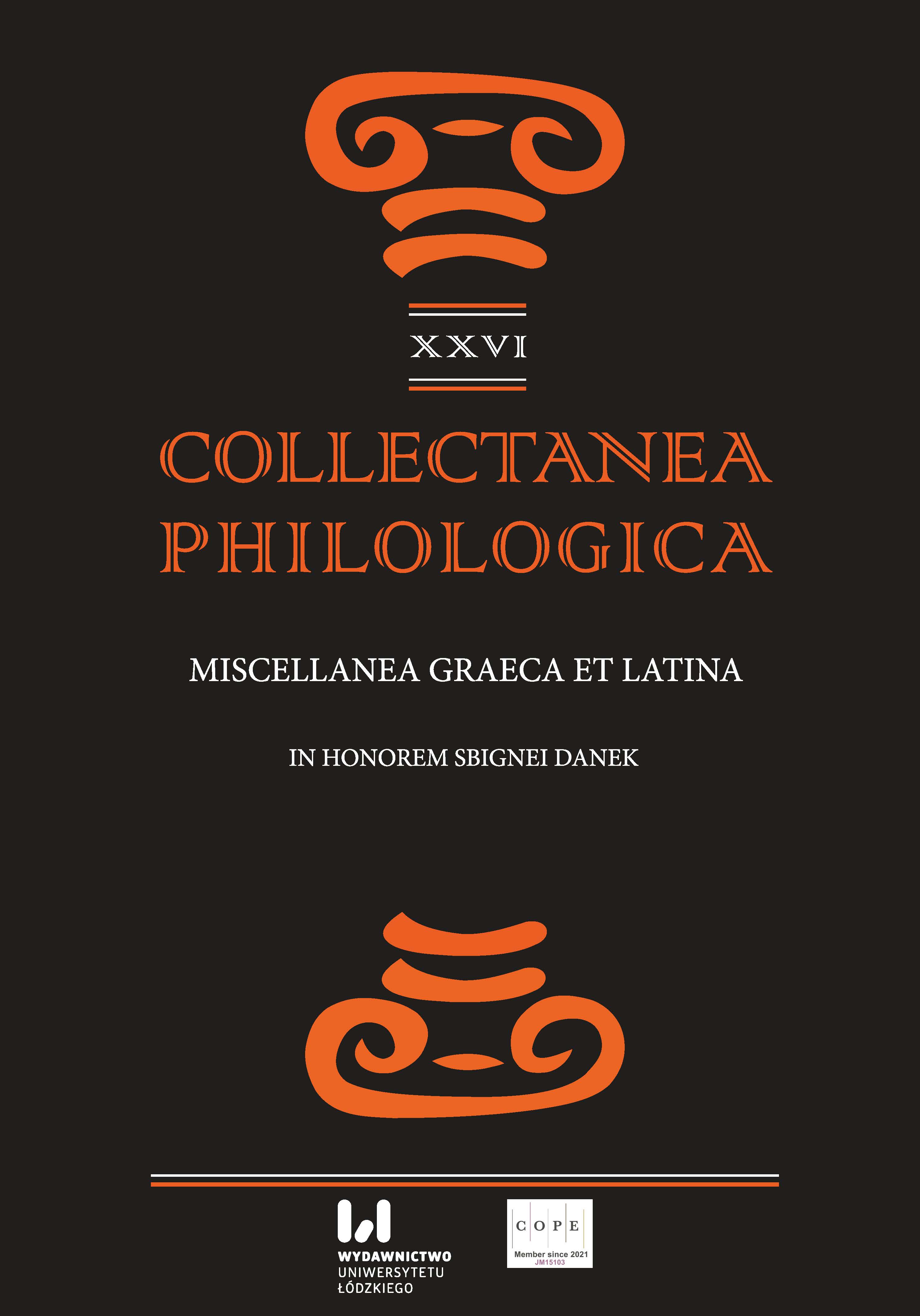Exile and Liminality: Experience between Cultures and Identities
To describe the exilic condition, many scholars have made use of the concept of liminality. Being neither here (Great Britain as a place of exile) nor there (Latvian exile society as a substitute of a nation) characterizes the life of one of the best Latvian existentialist prose writers – Guntis Zariņš (1926–1965). In Zariņš’ life and work he negotiated several liminal areas – from his war and professional experience, literary presentation to his standing in the Latvian exile community. Whether it is voluntary/involuntary or internal/external, the process of exile is one where an individual is removed from a place of origin (a homeland) therefore one of the crucial questions to solve is a relationship between the experience of cultural displacement and the construction of cultural identity. The time when Guntis Zariņš became prominent in Latvian exile literature, coincided with the time when the change of generations had started. Guntis Zariņš was one of the first exile writers who visited Soviet Latvia in order to personally meet colleagues-writers from the other side of Iron Curtain and cooperate with them in the field of literature but he was trapped between two powers – Britain and Soviet secret services that eventually led to his mental instability and suicide. Zariņš’ case is an example of an individual and undesired exile where prolonged liminal phase and inability to integrate neither into the host society nor to establish apolitical and cultural contacts with homeland resulted in an excellent existentialist prose on the one hand and ruined individuality on the other.
More...
